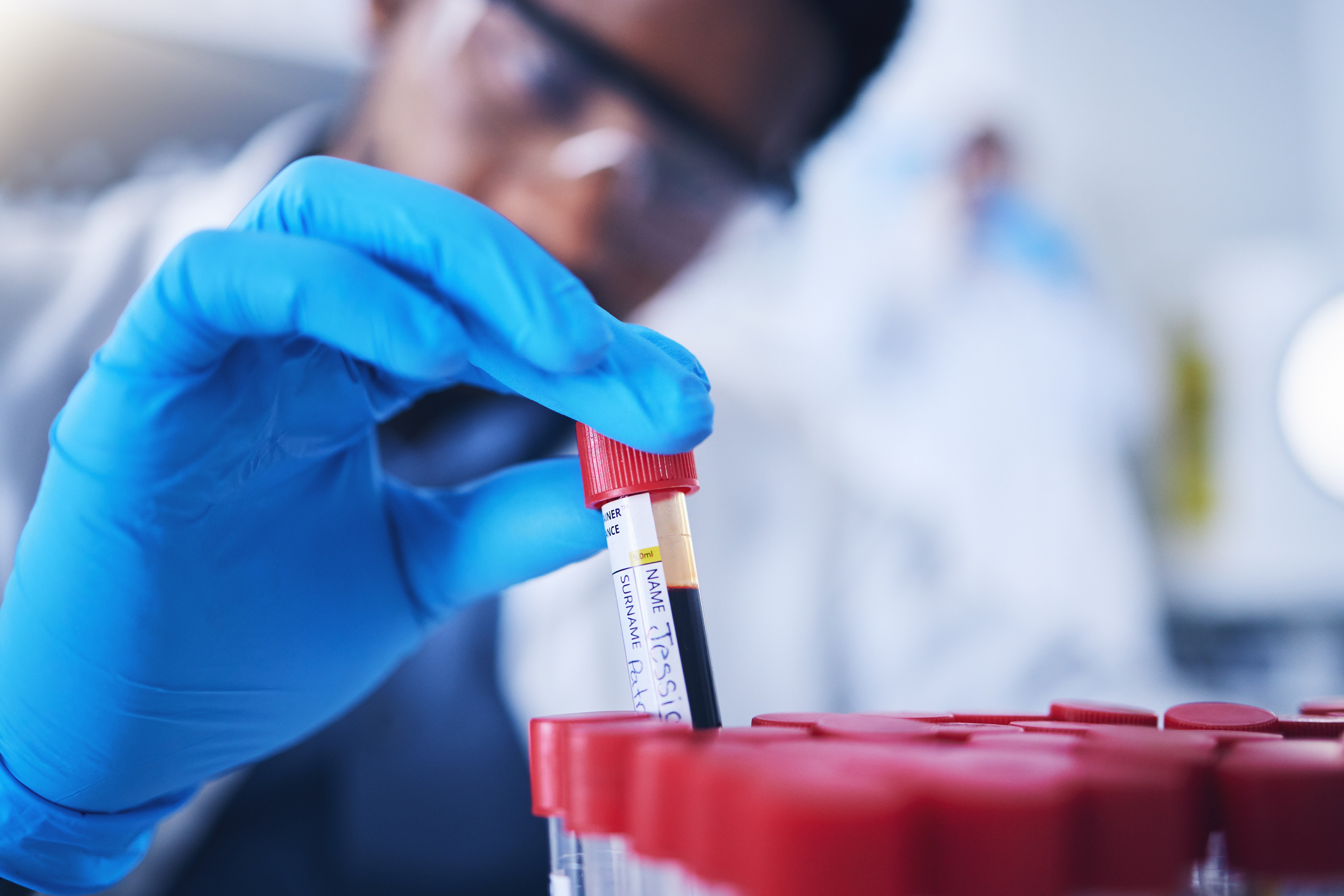Key points
- Cronobacter bacteria can be detected in blood or CSF samples.
- Brain imaging can help detect complications.

Testing guidelines
Cronobacter infection is diagnosed by a laboratory culture.
Cronobacter can be detected in the blood or cerebrospinal fluid (CSF) of patients with meningitis or sepsis caused by Cronobacter bacteria. Cronobacter bacteria grow on routine culture media and microbiological laboratories can detect Cronobacter from blood or CSF samples.
If a Cronobacter infection is diagnosed in an infant by a laboratory culture, CDC encourages clinicians and laboratories to inform their local or state health department.
Brain imaging studies of infants with meningitis can help detect brain abscesses and other complications.
CDC does not recommend testing stool for Cronobacter. Cronobacter infection does not typically cause diarrhea in infants.
CDC does not recommend testing formula for Cronobacter contamination unless an infant has a diagnosed Cronobacter infection. In these situations, clinicians should communicate with their local or state health department to arrange testing.
